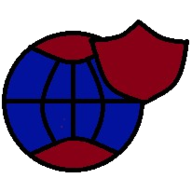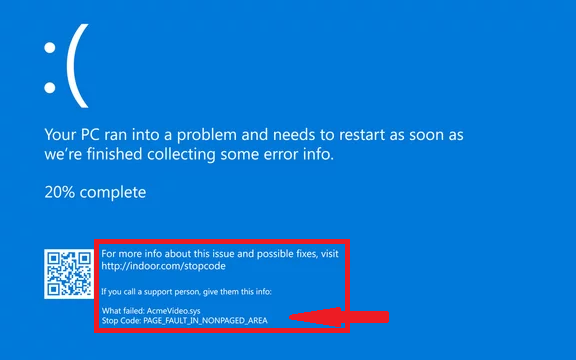Decentralization of the Internet: Who Controls It?
In the digital age, the internet has become an integral part of our lives. But have you ever stopped to think about who actually controls the internet? In this educational video transcript, we delve into the intricate web of internet governance and shed light on the decentralized nature of this vast network.
The Illusion of Control
The common misconception is that internet service providers or even governments hold the reins of the internet. However, the reality is far more complex. While providers may regulate access to certain content, the fundamental structure of the internet remains beyond their control.
Unraveling the Web
At the core of internet governance lies the Internet Corporation for Assigned Names and Numbers (ICANN). This non-profit organization based in Los Angeles plays a pivotal role in authorizing entities like GoDaddy to sell domain names. ICANN determines the existence of top-level domain names such as .com, .org, or .gov, thus influencing the digital landscape.
The Web of Connectivity
Visualize the internet as a vast network of interconnected devices—computers, servers, and mobile phones—all linked through intricate wiring, including underwater cables spanning continents. This intricate infrastructure facilitates global connectivity and access to online resources.
The Power Players
Internet service providers (ISPs) like Airtel, Jio, and BSNL play a crucial role in delivering internet services to consumers. While ISPs can enforce restrictions under government directives, users can circumvent these limitations through tools like VPNs, highlighting the decentralized nature of the internet.
Deciphering the Domain
Every device connected to the internet possesses a unique IP address, akin to a digital phone number. Domain Name Servers (DNS) translate human-readable domain names into IP addresses, enabling seamless navigation across the web. By altering DNS settings or utilizing public DNS services like Google's 8.8.8.8, users can overcome restrictions imposed by ISPs.
Owning a Piece of the Internet
In a decentralized system, ownership of the internet is a collective concept. Individuals can carve out their digital presence by purchasing domain names, setting up servers, and publishing websites. By understanding the underlying infrastructure and mechanisms, anyone can partake in shaping the ever-evolving landscape of the internet.
Conclusion
The internet, with its intricate web of connectivity and decentralized structure, remains a global resource accessible to all. As we navigate the digital realm, it's essential to grasp the fundamental principles of internet governance and our role in shaping this dynamic ecosystem. Whether exploring the depths of cyberspace or establishing a digital footprint, the internet's decentralized nature ensures that power lies in the hands of the many, not the few.






.jpg)
